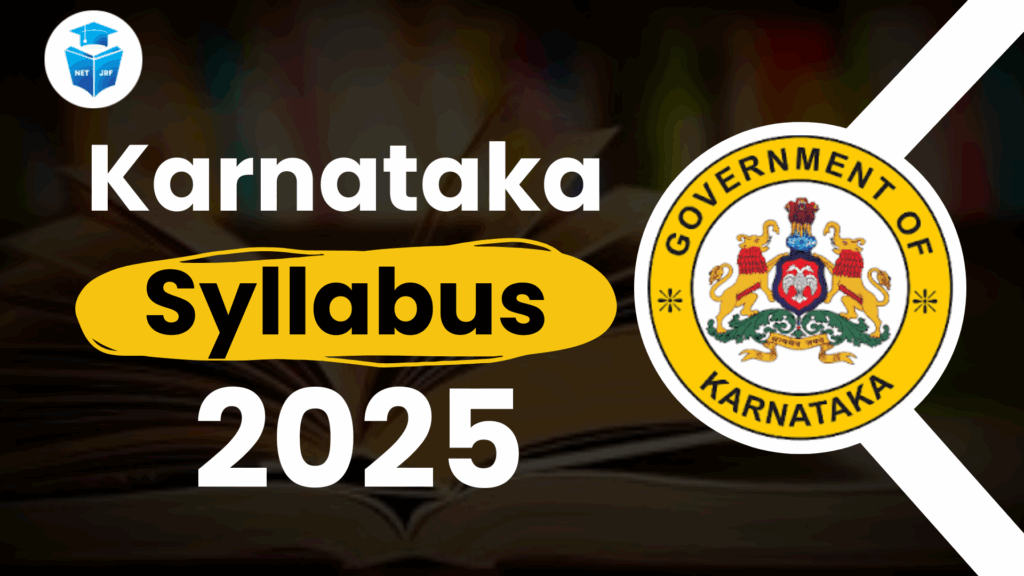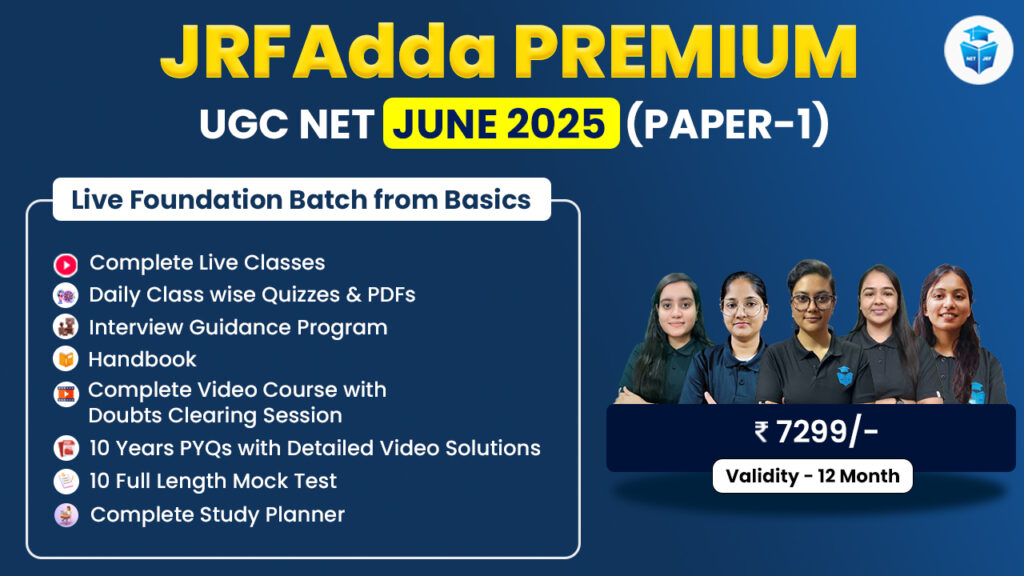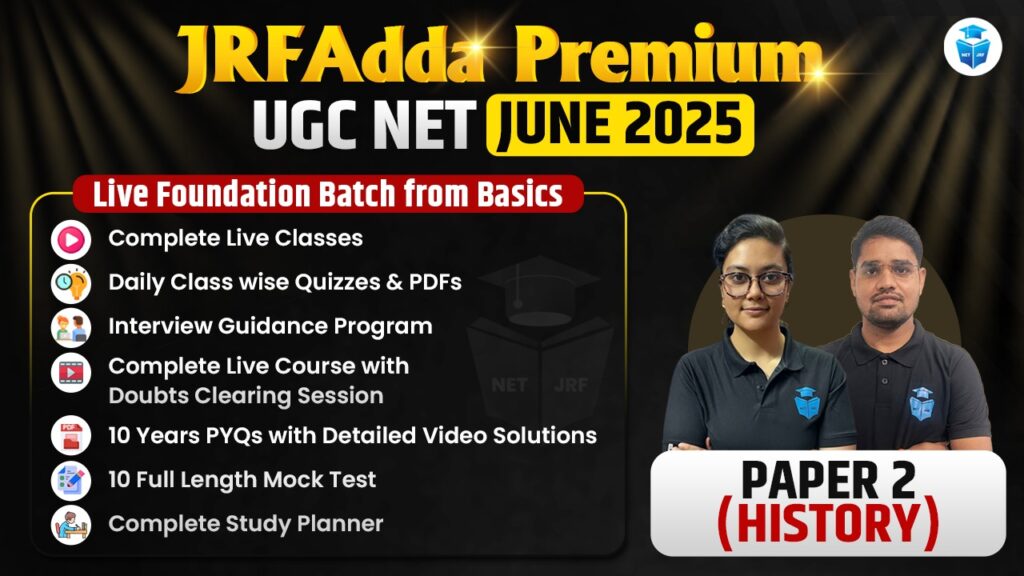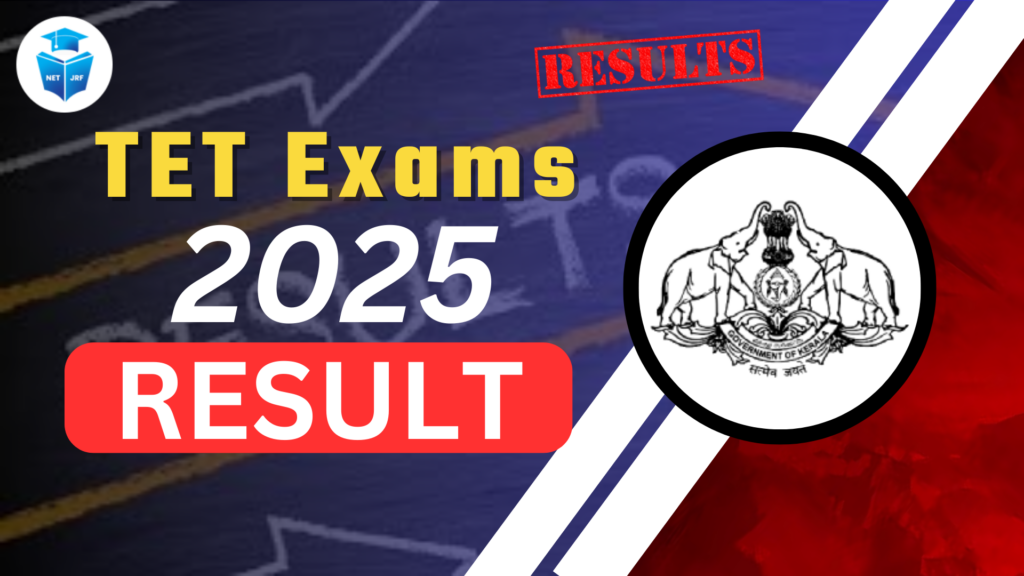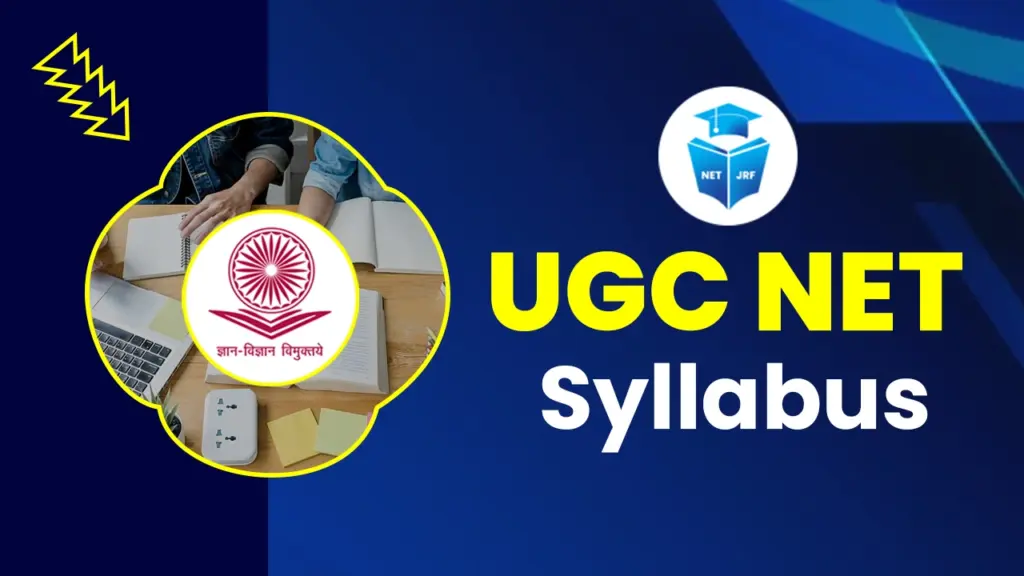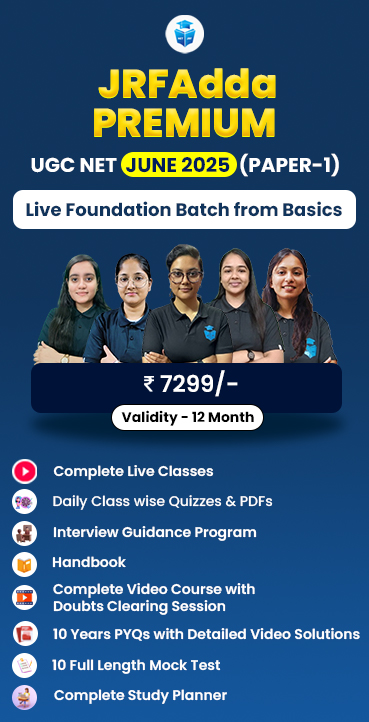KARTET Syllabus 2025 Exam Highlights
This section provides a brief snapshot of the KARTET 2025 exam, including the organizing body, mode of examination, eligibility levels, and type of questions asked. It serves as a quick reference for candidates to understand the essential highlights before diving into the detailed syllabus.| Feature | Details |
| Conducting Body | School Education Karnataka |
| Exam Name | Karnataka Teacher Eligibility Test (KARTET) |
| Mode of Exam | Offline (OMR-based) |
| Type of Questions | Objective-type (Multiple Choice Questions – MCQs) |
| Papers Offered | Paper 1 (Classes I to V), Paper 2 (Classes VI to VIII) |
| Total Marks per Paper | 150 |
| Duration per Paper | 2 hours 30 minutes |
| Official Website | schooleducation.karnataka.gov.in. |
KARTET Syllabus 2025 Paper 1 (Class I to V)
This section breaks down the KARTET Syllabus 2025 Paper 1 into individual subjects. It is designed for candidates aspiring to teach at the primary level. Each subject’s subtopics and focus areas are explained in detail to aid effective preparation. KARTET Syllabus 2025 Paper 1 is meant for candidates aspiring to teach at the primary level (Classes I to V).Child Development and Pedagogy
- Principles of Development of Children: Understanding the physical, emotional, cognitive, and social development stages of children aged 6-11 years.
- Concepts of Inclusive Education and Understanding Children with Special Needs: Approaches to teaching children with different learning abilities and disabilities.
- Learning and Pedagogy: Theories of learning such as Piaget, Vygotsky, and Skinner, and their application in the classroom, along with methods of facilitating learning for diverse learners.
Language I (Kannada/English/Hindi/Urdu/Tamil/Telugu/Marathi/Sanskrit)
- Language Comprehension:
- Reading and understanding unseen passages (prose, poetry, drama).
- Understanding the meaning of words, phrases, and sentences.
- Ability to answer questions based on the text.
- Pedagogy of Language Development:
- Principles of language acquisition in young learners.
- Challenges in teaching a second language.
- Strategies for effective language learning in a classroom.
- Teaching-learning Materials and Language Skills:
- Usage of charts, flashcards, and other visual aids to enhance learning.
- Developing listening, speaking, reading, and writing skills.
Language II (English/Kannada)
- Comprehension:
- Understanding short texts and drawing inferences.
- Answering questions based on unseen passages.
- Pedagogy of Language Development:
- Teaching methods for language skills.
- Language acquisition theories and their practical application in primary classrooms.
Mathematics
- Numbers and Fractions:
- Understanding basic number systems, addition, subtraction, multiplication, and division.
- Concepts of fractions, decimal systems, and operations involving fractions.
- Measurement and Data Handling:
- Basic units of measurement (length, mass, time, etc.).
- Interpreting and representing data in charts, graphs, and tables.
- Geometry:
- Shapes, lines, angles, polygons, and 3D figures.
- Understanding symmetry, perimeter, area, volume, and geometry in real-life contexts.
- Algebra:
- Introduction to variables and basic algebraic expressions.
- Applications in Daily Life:
- Using math concepts to solve real-world problems related to age, time, distance, money, etc.
Environmental Studies
- Our Environment:
- Natural and man-made environments and their interdependence.
- Ecosystems, biodiversity, and conservation.
- Living World:
- Plants, animals, and their habitats.
- Basic principles of life and organisms.
- Sources of Energy:
- Types of energy (renewable and non-renewable).
- Solar energy, wind energy, water energy, etc.
- Human Health:
- Hygiene, sanitation, nutrition, and disease prevention.
- First aid and basic health care.
- Natural Phenomena and Electricity:
- Weather, seasons, and their impact on the environment.
- Simple concepts of electricity and its uses.
KARTET Syllabus 2025 Paper 2 (Class VI to VIII)
This section provides a detailed KARTET Syllabus 2025 Paper 2, which is intended for upper-primary teaching aspirants. It covers core subjects along with the option to choose between Mathematics/Science or Social Science. KARTET Syllabus 2025 Paper 2 is intended for candidates aspiring to teach at the upper primary level (Classes VI to VIII).Child Development and Pedagogy
- Development Principles:
- Cognitive and emotional development in children aged 11-14 years.
- Piaget’s stages of cognitive development, Vygotsky’s socio-cultural theory.
- Learning Processes:
- Understanding how adolescents learn and applying age-appropriate teaching methods.
- Promoting critical thinking, problem-solving, and active learning.
- Assessment Types:
- Continuous and comprehensive evaluation methods.
- Formative and summative assessment techniques.
- Inclusive Education:
- Understanding diverse learners, including children with special needs.
- Pedagogical strategies for inclusive classrooms.
- Educational Psychology and Pedagogical Concerns:
- Theories of motivation, intelligence, and learning styles.
- Classroom management and effective teaching strategies.
Language I (Kannada/English/Hindi/Urdu/Tamil/Telugu/Marathi/Sanskrit)
- Reading Unseen Passages:
- Comprehension of both factual and literary texts.
- Answering questions on the main ideas, themes, and details.
- Pedagogy and Material Usage:
- Techniques for teaching language and promoting reading habits.
- Use of instructional material, media, and technology to teach languages.
Language II (English/Kannada)
- Comprehension and Pedagogy:
- Understanding and answering questions on unseen passages.
- Pedagogical techniques for teaching language effectively.
Mathematics and Science (For Mathematics and Science Teachers)
- Mathematics:
- Algebra: Solving linear equations, algebraic expressions, and polynomials.
- Trigonometry: Basic trigonometric ratios and their applications.
- Coordinate Geometry: Cartesian plane, distance formula, and equations of straight lines.
- Probability: Basic concepts of probability and events.
- Mensuration: Perimeter, area, surface area, and volume of geometrical shapes.
- Science:
- Physics: Laws of motion, force, work, and energy.
- Chemistry: Atomic structure, elements, compounds, and chemical reactions.
- Biology: Classification of living organisms, human biology, plants, and ecology.
- Environmental Science: Environmental conservation, pollution, and natural resources.
Social Studies/Social Science (For Social Studies Teachers)
- History:
- Ancient, Medieval, and Modern Indian history.
- The struggle for independence and its impact on India.
- Geography:
- Earth’s surface, landforms, climate, and resources.
- Environmental issues and natural disasters.
- Civics/Political Science:
- Indian Constitution, democracy, governance, and elections.
- Understanding the roles of government institutions and citizens’ responsibilities.
- Pedagogical Issues:
- Effective teaching techniques for history, geography, and civics.
- The integration of social studies subjects into everyday life and community issues.
KARTET Exam Pattern 2025
This section outlines the structure of the KARTET Exam Pattern 2025 examination, including the number of questions, marking scheme, total duration, and subjects covered in each paper. Knowing the exam pattern helps candidates understand how the test is designed and strategize their preparation accordingly.KARTET Exam Pattern 2025 Paper I
Details the exam structure for candidates aspiring to teach KARTET Exam Pattern 2025 Paper 1 primary level students, including subject-wise number of questions and marks distribution.| Subject | No. of Questions | Marks |
| Child Development & Pedagogy | 30 | 30 |
| Language I (Regional Language) | 30 | 30 |
| Language II (English) | 30 | 30 |
| Mathematics | 30 | 30 |
| Environmental Studies | 30 | 30 |
| Total | 150 | 150 |
KARTET Exam Pattern 2025 Paper II
Provides information on the structure of KARTET Exam Pattern 2025 Paper 2, meant for candidates applying for upper primary teaching positions, along with optional subject choices based on the candidate’s specialization.| Subject | No. of Questions | Marks |
| Child Development & Pedagogy (compulsory) | 30 | 30 |
| Language I | 30 | 30 |
| Language II (English) | 30 | 30 |
| Mathematics & Science OR Social Studies | 60 | 60 |
| Total | 150 | 150 |
Conclusion
The KARTET Syllabus 2025 offers a strategic roadmap for candidates aiming to become teachers in Karnataka. With clarity on subject-wise content and exam structure, aspirants can focus their preparation on high-priority topics. Timely revisions in the syllabus also ensure that the content remains relevant to evolving educational norms. Download the updated KARTET Syllabus 2025 PDF for both Paper 1 and Paper 2 to boost your preparation.KARTET Syllabus 2025 FAQs
The detailed KARTET syllabus 2025 for both Paper 1 and Paper 2 can be accessed on the official website.
The KARTET syllabus 2025 Paper 1 includes subjects like Child Development and Pedagogy, Language I (Kannada, English, or Hindi), Language II (English, Kannada, or Hindi), Mathematics, and Environmental Studies.
Yes, there have been proposed revisions to the KARTET syllabus 2025, although they are yet to be officially confirmed by the Karnataka Education Department.
You can prepare for the KARTET exam by thoroughly reviewing the syllabus for both Paper 1 and Paper 2, focusing on key topics, practicing previous year’s questions, and taking mock tests based on the updated syllabus.
Yes, the KARTET syllabus 2025 provides specific guidelines for preparing each subject. It details the important topics, skills, and concepts to be covered in each section, ensuring comprehensive preparation for both papers.

